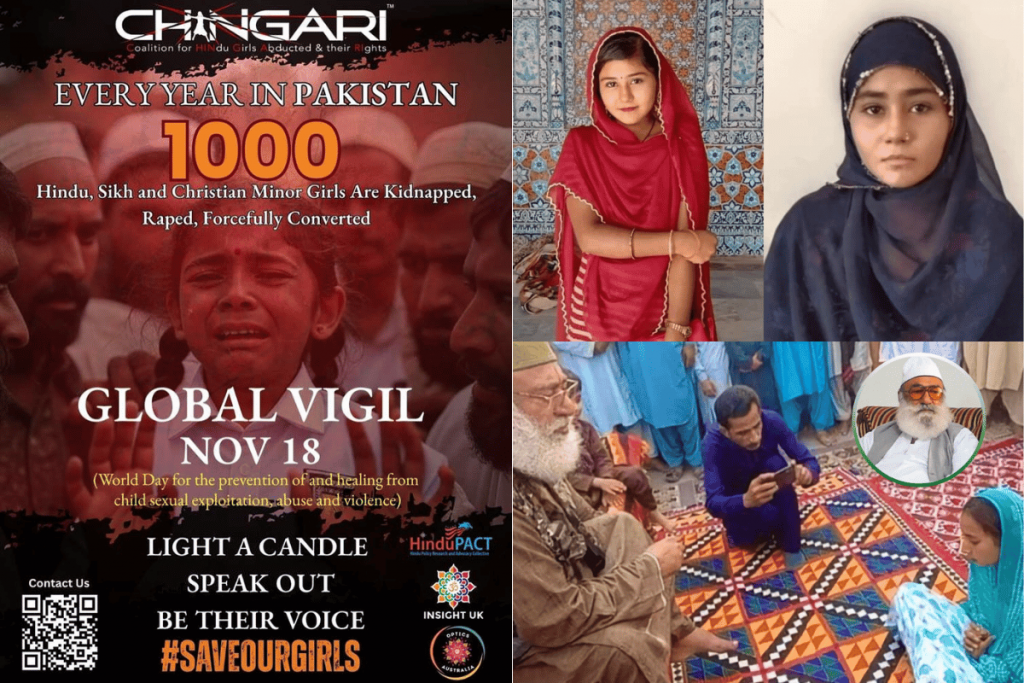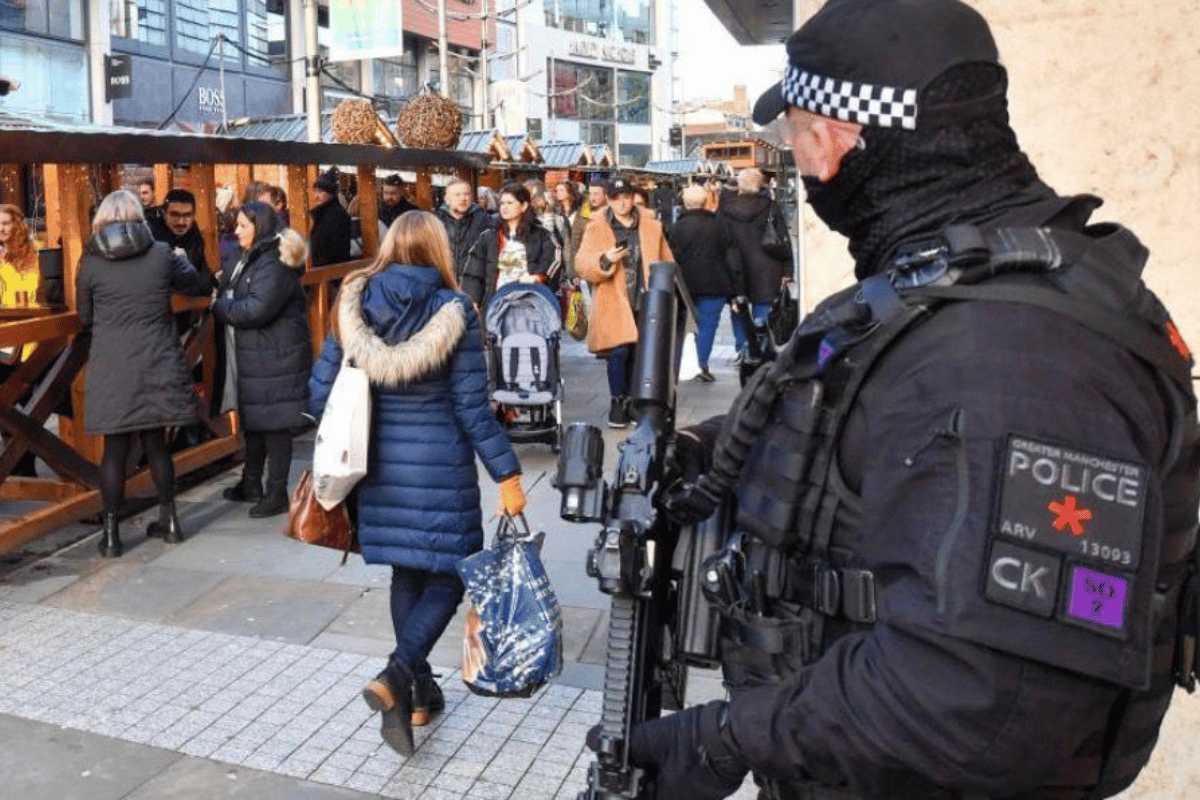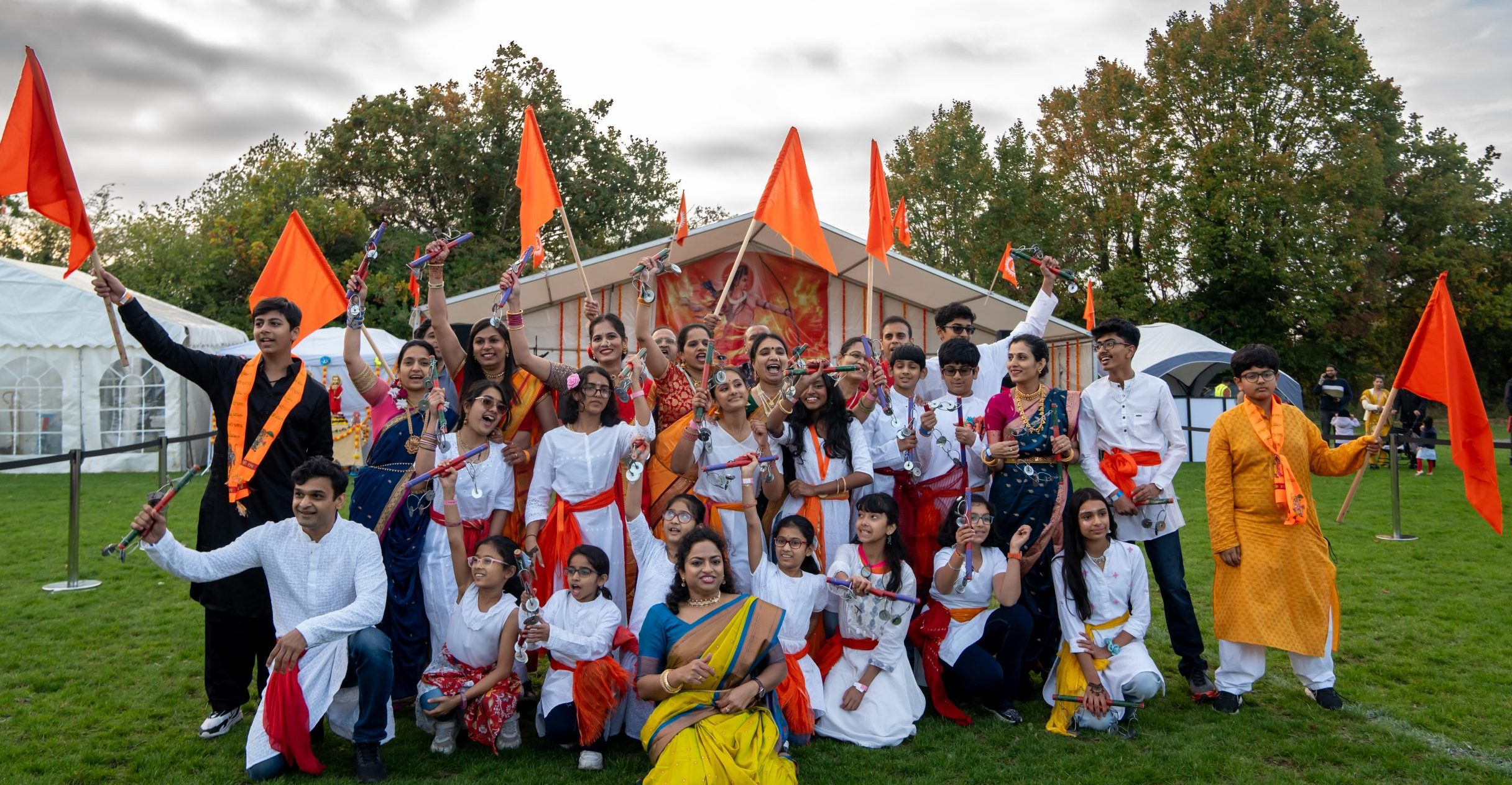
In the quiet towns and dusty villages of Sindh, Pakistan, a tragedy unfolds with chilling regularity. Every year, according to the Pakistan Human Rights Commission, an estimated one thousand minor girls from Hindu, Sikh, and Christian communities are kidnapped, assaulted, forcibly converted, and coerced into marriages with men often decades older. For these girls, childhood ends abruptly. Dreams, education, safety, and family ties are shattered in a single moment of violence.

HinduPACT’s CHINGARI Project (Coalition for Hindu Girls Abducted and their Rights) exists because these girls are rarely seen, rarely named and rarely defended in global human rights discourse. Their cries do not cross borders. Their stories seldom appear in headlines. Their families, often economically disadvantaged and politically marginalised, lack the support needed to seek justice in a legal system where police inaction and religious-political pressure can overwhelm the most basic rights.
On chingari.org, the organisation documents case after case: young girls dragged from their homes, snatched from markets, lured and abducted during school routes, or taken at gunpoint in front of their families. A seven-year-old child named Priya Kumari disappeared while serving sherbet with her father. A fourteen-year-old, Parisha Kumari, was reportedly beaten, abducted, and converted; her parents filed official complaints, yet no recovery followed. One heart-wrenching video shared on the CHINGARI Project’s social media recounts the shooting death of an eighteen-year-old girl, Pooja Kumari, murdered after resisting abduction in the Sukkur district. Her refusal to accept a forced conversion and marriage cost her life.
Read More
- Plight of Hindu girls in Pakistani
- Plight of Hindus in Pakistan: The Chanda Maharaj Case
- Shadows of Silence: Mian Mithu and the Plight of Religious Minorities in Pakistan
These are not isolated incidents. They are part of a documented, long-term pattern observed across regions of Sindh and beyond. Families who attempt to recover their daughters often face intimidation. Minority parents seeking justice must navigate a system where they may be pressured to accept conversion certificates their daughters never willingly signed, or marriage documents issued by local clerics with deep political connections. In many cases, girls are not even brought to court, or they are produced only after months of “conversion instruction,” leaving them too terrified to speak freely. Poverty, fear, social stigma, and political apathy converge to create a perfect storm in which perpetrators act with near total impunity.
CHINGARI was founded by HinduPACT (Hindu Policy Research and Advocacy Collective) to address this crisis. It serves as both a documentation initiative and an advocacy movement. Its mission is to bring international attention to the plight of abducted Hindu girls and to push for systemic change. Through case tracking, survivor support, legislative engagement, and global awareness events, CHINGARI aims to turn silence into moral pressure and indifference into collective action.
CHINGARI: Plight of Hindu girls in Pakistan
One of its main tools for raising awareness is the annual CHINGARI Global Vigil. Held on November 18, the United Nations’ World Day for the Prevention of and Healing from Child Sexual Exploitation, Abuse, and Violence, the vigil unites diaspora communities and allies in solidarity with victims. This year’s Global Vigil is a joint initiative between HinduPACT, Insight UK, and Optics Australia. During this online vigil, participants share the names and stories of missing girls, and urge governments, human rights organisations, and global media to recognise the crisis and take decisive action. The intention is clear: these children must no longer be invisible.
The abuse endured by these girls is not simply a cultural issue or a local criminal matter. It is a violation of fundamental human rights. It intersects with child protection, gender-based violence, religious freedom, minority rights, and international law. It belongs in the same conversations as advocacy against forced marriage, human trafficking, sexual slavery, and religious persecution.
For CHINGARI, the central message is that global civil society cannot selectively engage with human rights. The suffering of minority girls in Pakistan deserves the same urgency that international organisations devote to other vulnerable groups.
The stories catalogued by the CHINGARI Project challenge the world to confront uncomfortable truths. They challenge human rights organisations to revisit overlooked regions. They challenge lawmakers to use their platforms to insist on accountability. They challenge women’s rights advocates to recognise that some of the world’s most brutal gender-based crimes occur in places that rarely appear in Western policy frameworks. And they challenge media professionals to expand their lens and report on cases that communities on the ground have been documenting for decades.
The call to action is clear and multifaceted. Global human rights bodies such as Amnesty International, Human Rights Watch, UNICEF, UN Women, and the Office of the High Commissioner for Human Rights are urged to acknowledge and document the crisis. Women’s rights organisations worldwide are encouraged to include the plight of these girls in their advocacy frameworks. International agencies focused on child protection and gender-based violence must undertake independent assessments and press for reform. Lawmakers in democratic nations are asked to raise the issue in parliaments, issue public statements, hold hearings, and engage with Pakistani authorities through diplomatic channels.
International pressure matters. Every government has a responsibility to protect the most vulnerable. When the world turns its attention to injustice, the cost of committing abuse increases. Perpetrators begin to hesitate. Local authorities are beginning to fear reputational consequences. Reform, however slow, becomes possible.
It is equally important for global citizens to act. Individuals can share CHINGARI’s documented cases, participate in vigils, write to lawmakers, support survivor-forward campaigns, donate to the CHINGARI initiative, and amplify the voices of those working on the ground.
CHINGARI reminds the world that behind every statistic is a daughter whose life was full of promise. A girl who once sat in a classroom, laughed with friends, helped her mother prepare meals, walked barefoot through her village, dreamed of becoming a teacher or doctor, and trusted the world around her. A girl who was taken before she had a chance to grow.
Her story is not finished. It is waiting for the world to listen.
The time to act is now.









